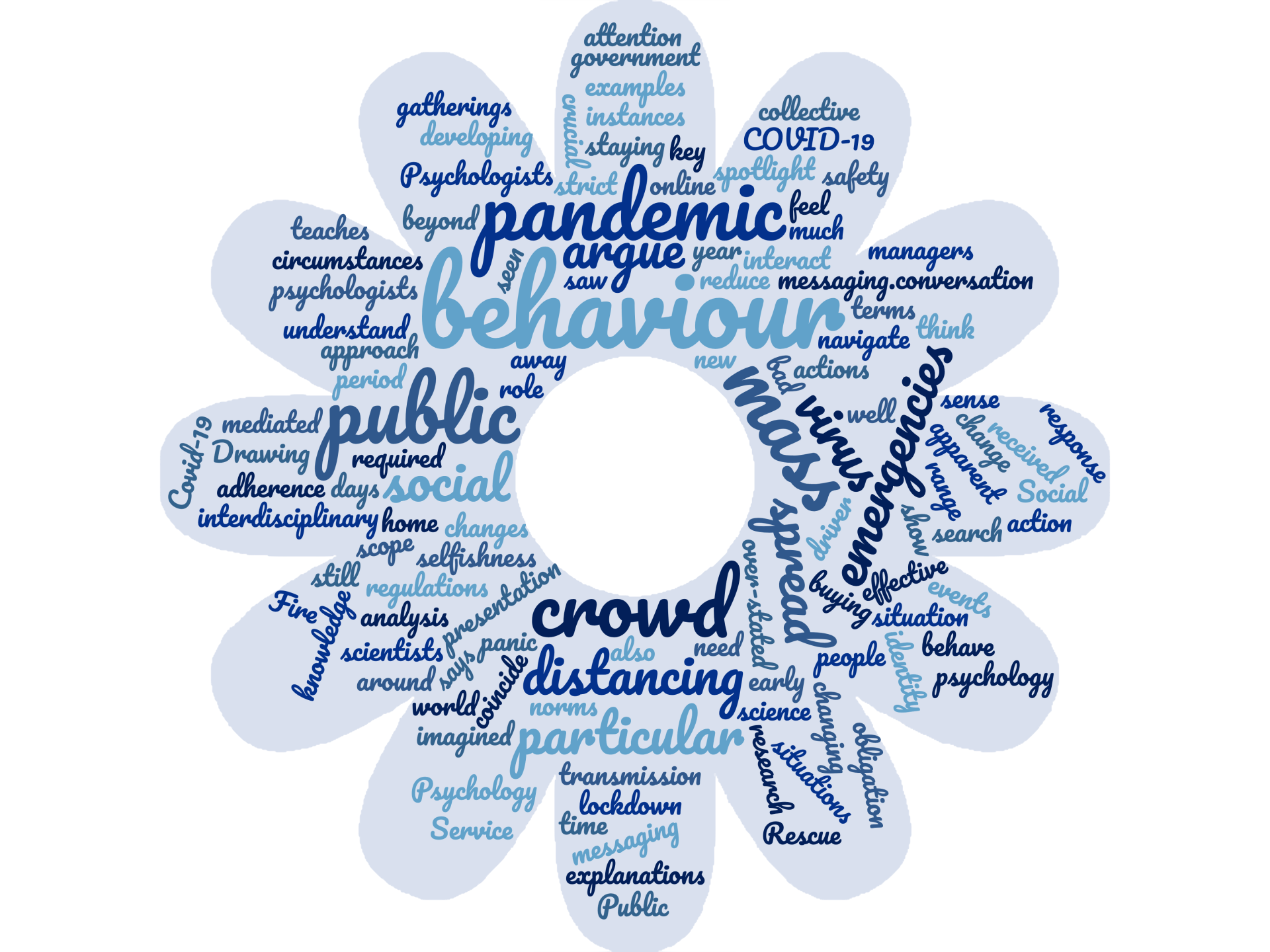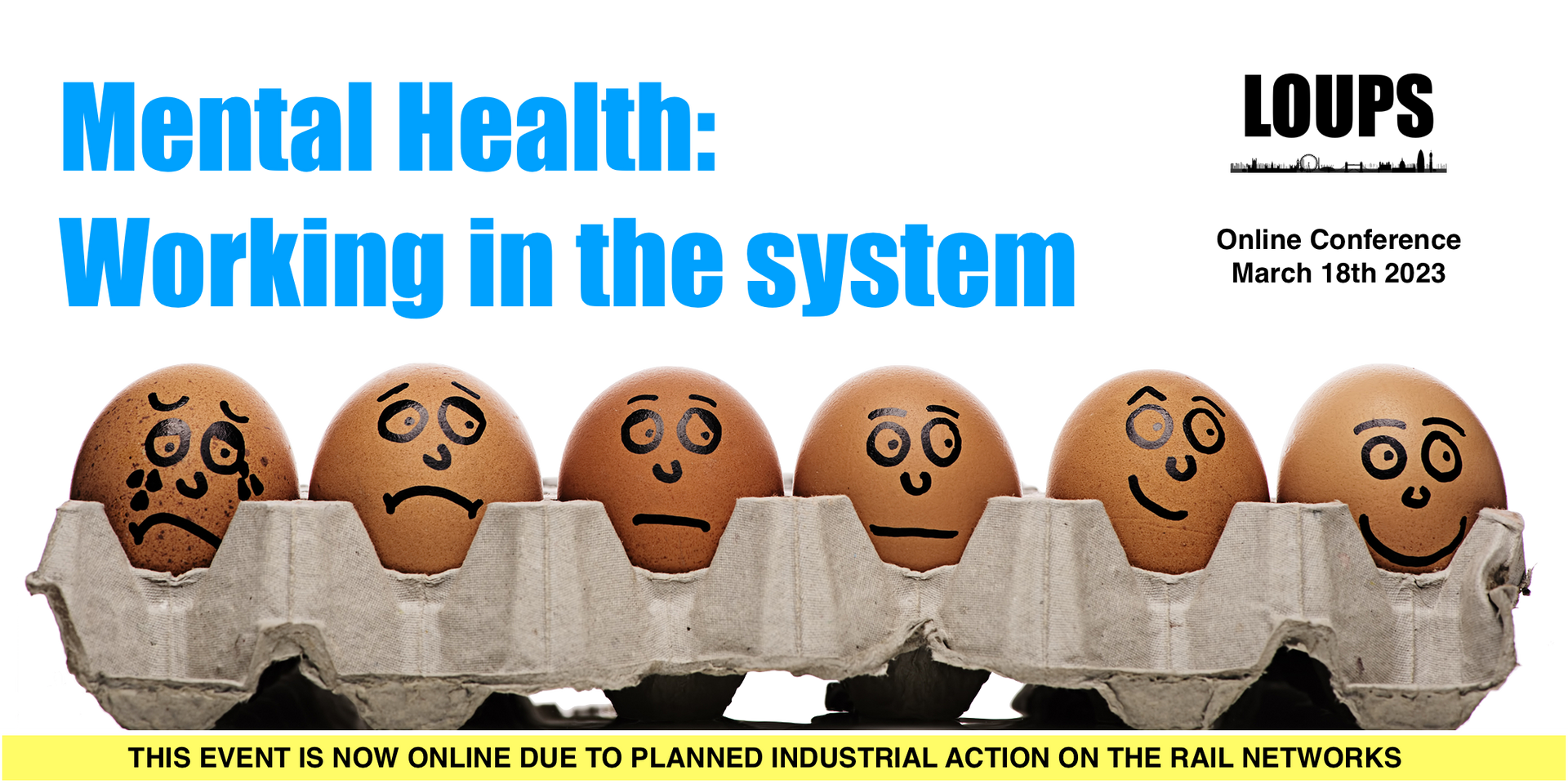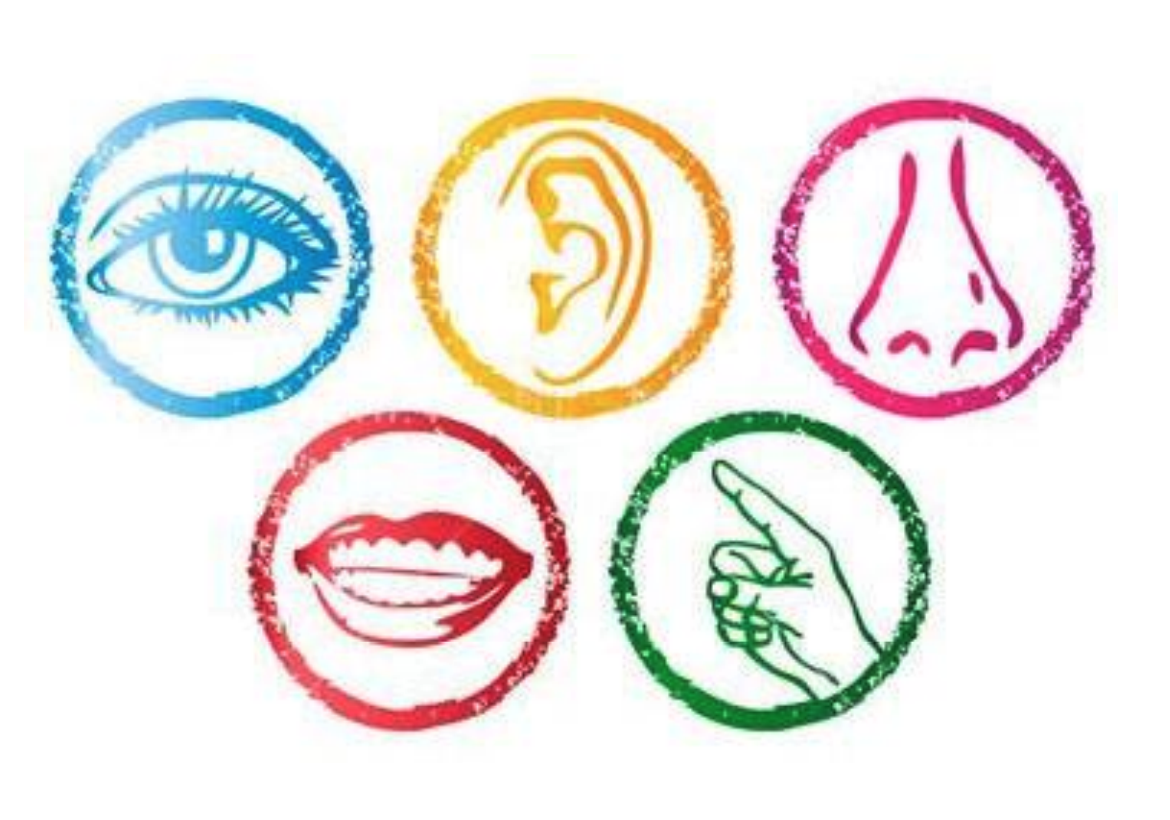Tricks, Tribulations and, Toilets!
Magic, mishaps, and maybe toilets: "mindreading" to mitigate disaster.
Professor Graham Edgar. (University of Gloucester)
LOUPS Pub Social – October 2023.
REUNITED AND IT FEELS SO GOOD! The first London and South Open University Psychological Society Pub Social was a lively affair! After the disruption of the past few years, it was fantastic to be back at the George IV Pub at LSE.
Professor Graham Edgar presented Magic, mishaps, and maybe toilets: "mindreading" to mitigate disaster. An intriguing title! Human Factors is an interesting field as it encompasses such a diverse range of topics and applications. During Graham’s lecture, there were cheers, gasps, and a warning about ‘adult themes’. It was an intellectual riot! To a full house, Graham presented an insightful lecture. Here follows a snapshot of the tricks, tribulations, and toilets of the talk.
Hollnagel (2007) stated ‘human error is best understood as a judgement made in hindsight’. Graham described human factors as two jobs in one phrase: reading minds in the past and reading minds in the future. Hindsight and foresight: mindreading.
Behold! Thompson, the Mindreading Cat! Reading your mind as you read this very screen…

Or not? Mentalism has been conceptualised as trickery and/or distraction. Graham presented a couple of tricks #NOspoilers. A particularly interesting one is a vignette of a murder scene. Some of us noticed a couple of changes, but the actual number of them is remarkable. It is easy to underestimate the limits of our perception and the power of distraction. It is a fact which has been sadly demonstrated in myriad catastrophic ways, for example in aviation accidents in which a series of human factor issues result in devastation.
Reason’s Swiss Cheese Model (1997) is an enduringly useful model in looking at human errors and human factors. A model in which the irregular holes in slices of Swiss cheese represent the stages leading to an incident: if these holes line up, they form a pathway to disaster. A recent example of this was seen in the Boeing MCAS scandal. The Boeing 737 Max aircraft saw two dramatic whole-loss crashes in quick succession which were attributed to the MCAS system. Following a spell of being grounded, the fleet is back in the sky. Lessons learned. However, there is the tension in human factors between should have known better versus having known about something but still succumbing to an accident. For example, Graham told us about inverted rollercoaster accidents. An inverted rollercoaster is a rare design in which the tracks are above the car rather than a train-on-a-track design. A man had died after being hit by such a rollercoaster when he was trying to retrieve his wife’s hat. The hat had been blown off after the couple rode the inverted rollercoaster. Similarly, workers at parks with these rollercoasters have died after colliding with in-motion cars. Knowledge is not the protection one might expect. Furthermore, the humans in human factors can be surprising: sometimes there is no predicting what people will do…
Marketing slogan, “You’ll be happier with a Hoover” took an extraordinary meaning with the Hoover Dustette. Care to guess why from the picture below?

A fine-looking machine which led to some questionable hospital attendances for laceration injuries to the penis. Four cases were reported in a 1980 BMJ journal article (https://www.bmj.com/content/281/6232/26.2) in which the men had been injured while ‘nakedly changing a plug’, ‘bent down to pick up tools’, ‘vacuuming the staircase in a loose-fitting robe’, and ‘caused by a vacuum cleaner’ (Zufall, 1980). Perhaps we should all be wary in our naked housework endeavours going forward?! The blushes, blunders, and bewilderment were not in vain: the Dustette was redesigned thus demonstrating the application of human factors. Indeed, revisions and amendments are an important part of working in human factors.
Graham showed a picture of himself on site in the women’s toilets at a Police Station and quipped, “the places Psychology can take you!” Human factors are relevant everywhere and in every situation. For example, midnight toilet trips can include the choice of eye-melting lights in the middle of the night or cloak of darkness danger pee? How about neither if you purchase a LavNav™? The LavNav is a light under the toilet lid and the seat which, depending upon what is raised, illuminates the area. Schipol airport used nudge theory to improve passenger aim and reduce cleaning efforts by having an image of a fly on the urinals. Fun and functional target practice. Toilets are a surprisingly useful demonstration of the application of human factors. Funnily enough, the toilet closest to our bar had the terrific/terrifying habit of the light behaving of its own volition coalescing with a small layout at the top of some stairs. Watch out for the Swiss Cheese holes!
A question-and-answer session followed Graham’s fantastic lecture. The 20mph speed limit was discussed. Graham supports it as there is a higher survivability in accidents at 20mph than at 30mph or 40mph, although people have been and are killed in lower-speed accidents. An example of this opened the lecture but context is always important. Somebody queried about the speed cameras in 20mph zones as a potential distraction as people may be looking out for them more than they are concentrating on the road. Another question concerned people in general being less intelligent* than companies may be willing to accept. To this, Graham noted that the literature in human factors can be used to show to companies what has or can happen. Automation and artificial intelligence rounded up the night. Graham is fan but noted that where one issue is addressed, another may arise. We must not forget the human in human factors!
The first LOUPS Pub Social in a few years was a roaring success! Professor Graham Edgar presented an engaging lecture on human factors to a rapt full house. Using examples as diverse as aviation and urination, and incorporating the Swiss Cheese Model and nudge theory, this was an insightful yet accessible lecture including real-world examples. Practical demonstrations in the room demonstrated the ways in which even when knowing or expecting something, such as in a card trick, we can still be surprised and distracted. The tribulations of previous generations have led to improvements for us today and this continues. Human factors involves reading minds in the past in the reverse engineering of incidents, while reading minds in the future to predict behaviours. Human factors is an interesting field which Graham illuminates with passion and wit. Magic, Mishaps, and Maybe Toilets: Mindreading to Mitigate Disaster was brilliant! Thank you to everyone at LOUPS for another fantastic event and to Graham for a barnstorming lecture to recommence the LOUPS Pub Socials!
See you at the next LOUPS event!
*Or adventurous/curious/unlucky in the case of the Dustette injuries…










